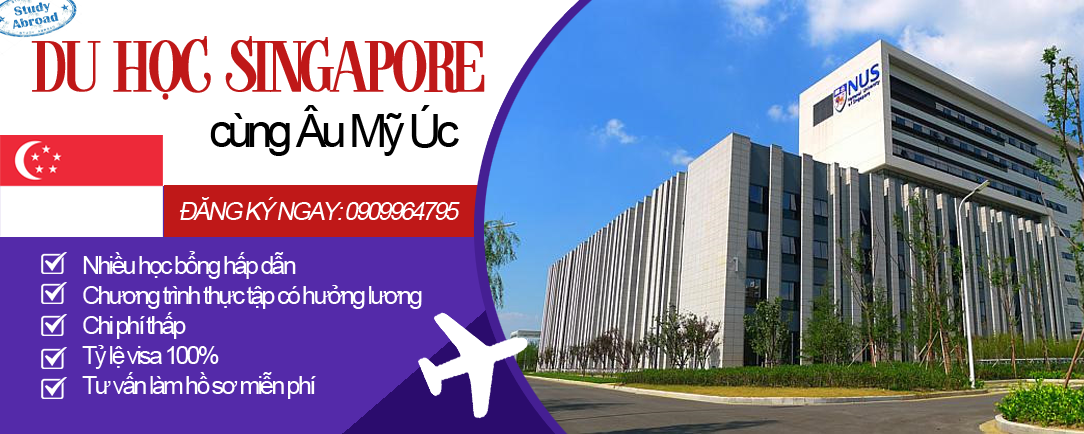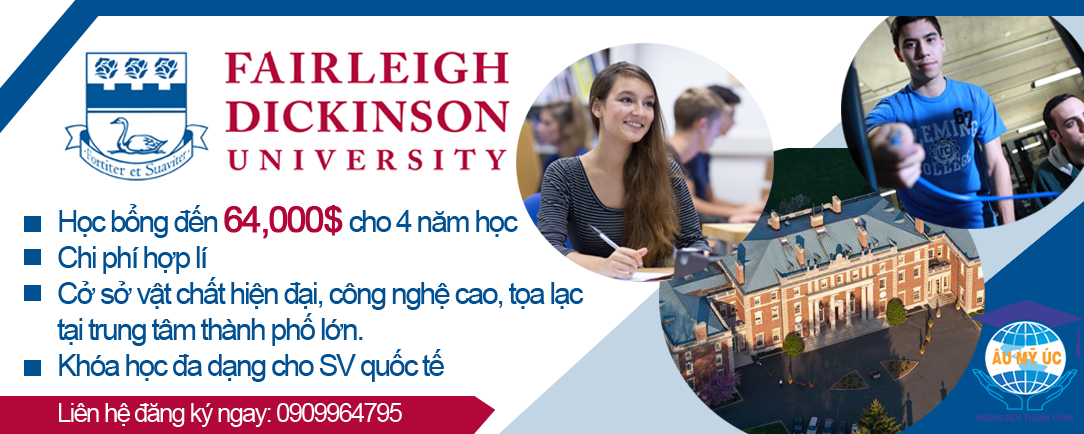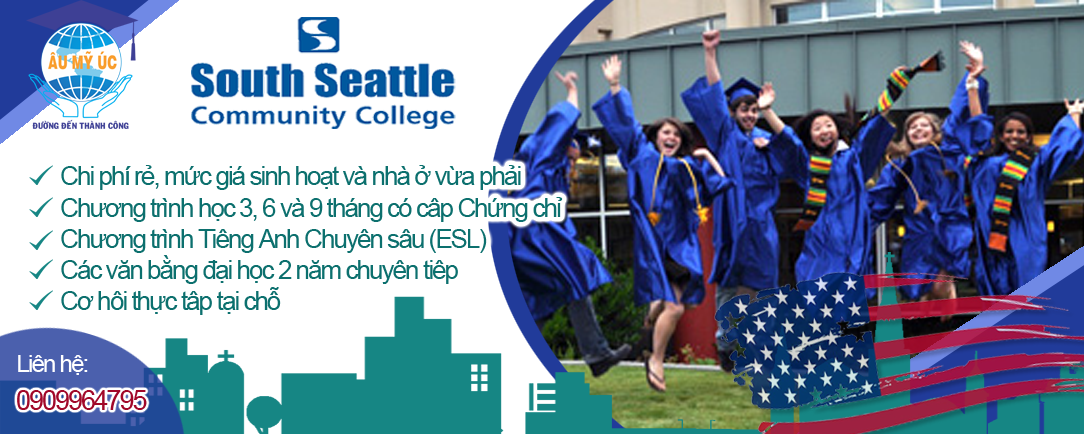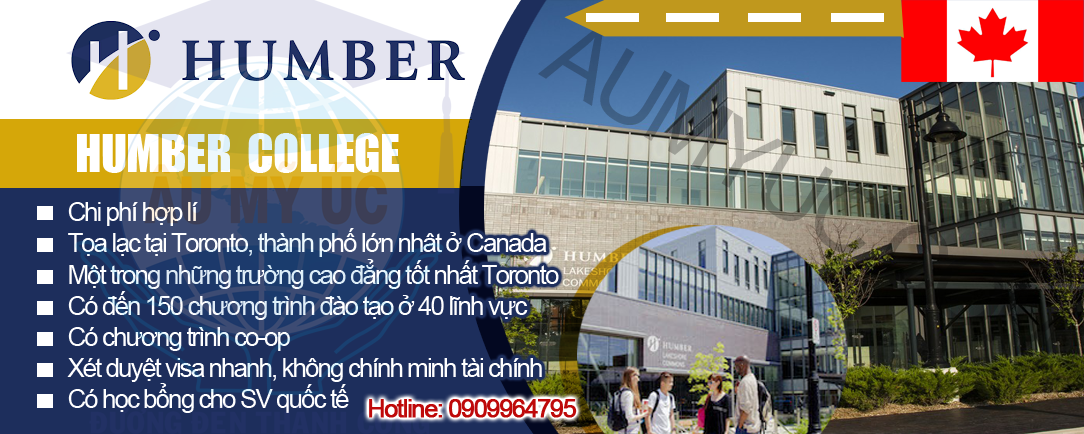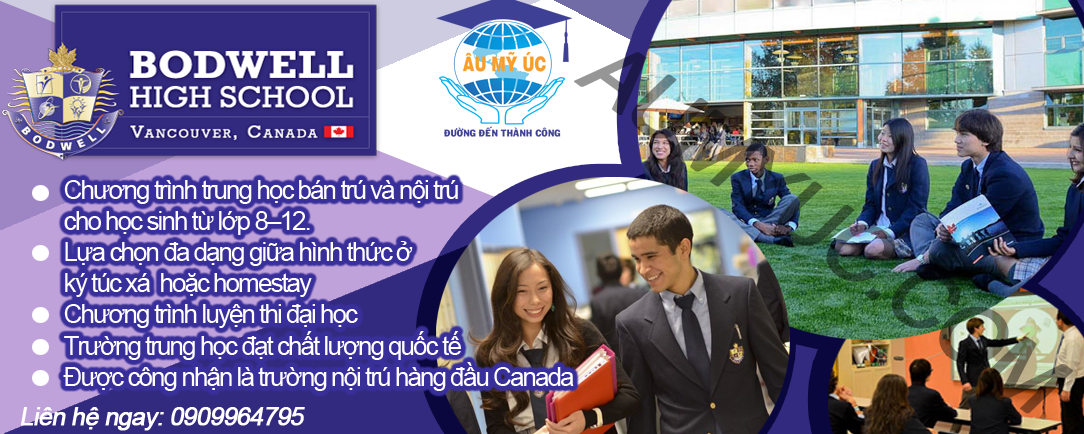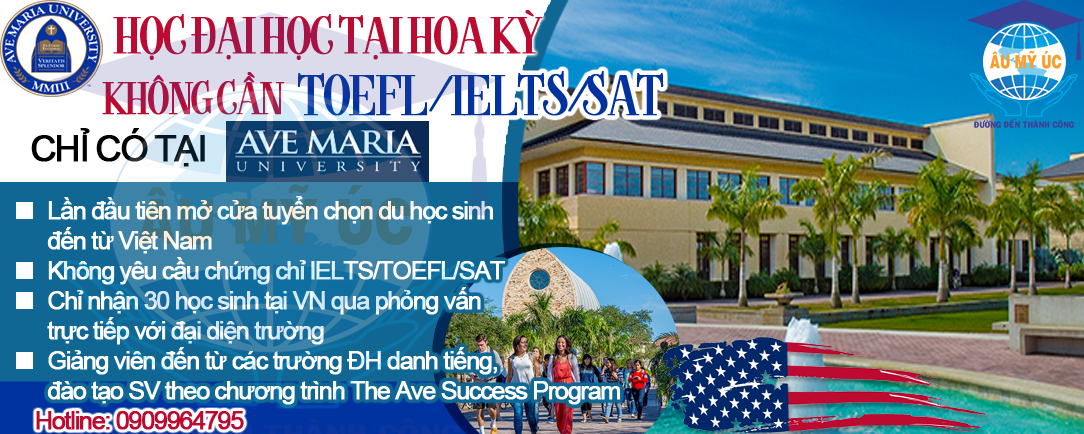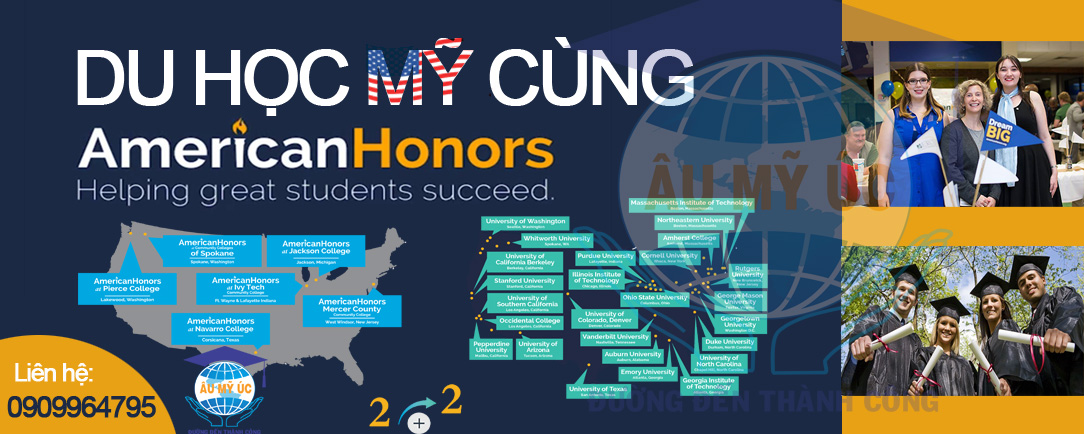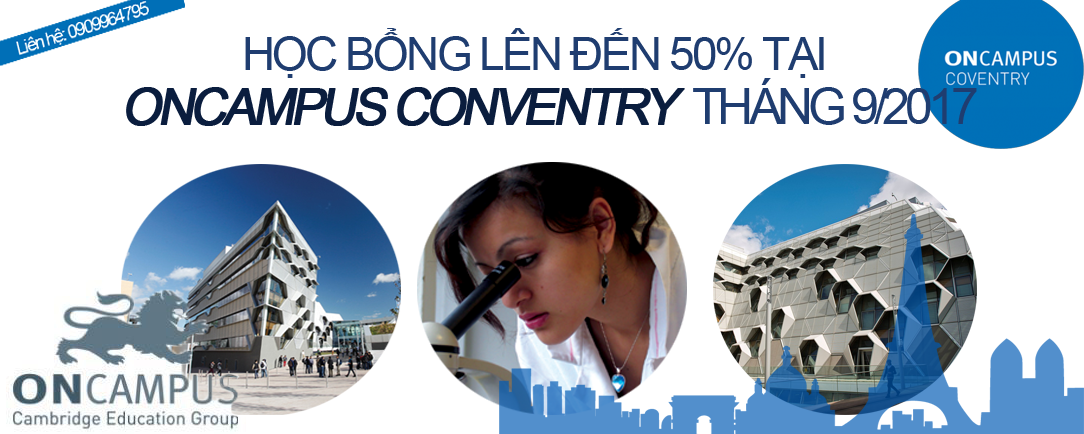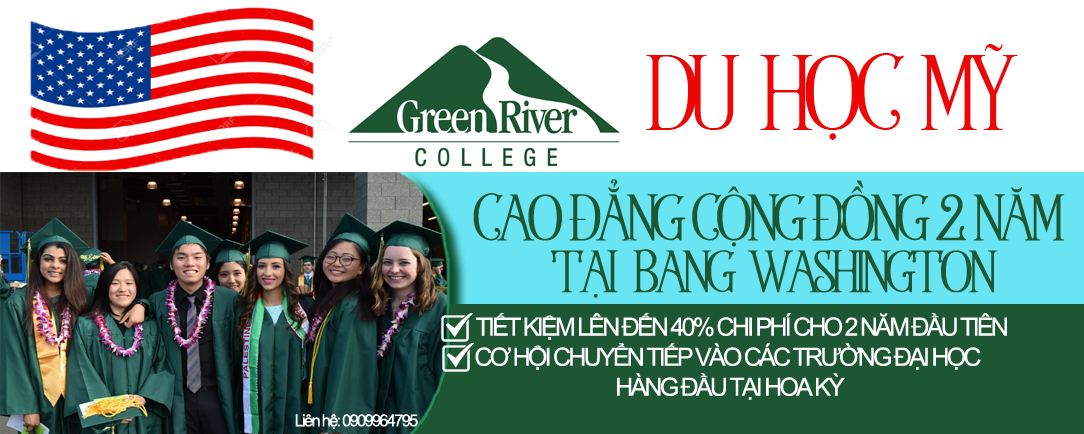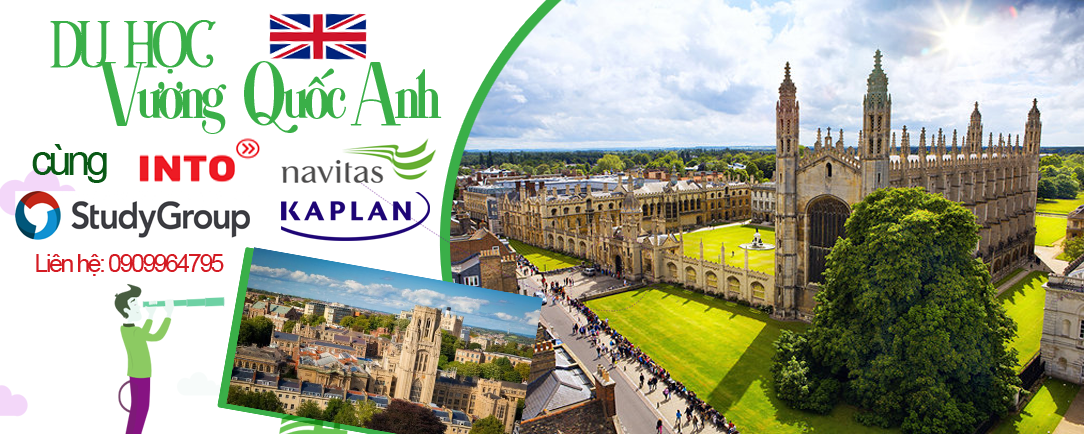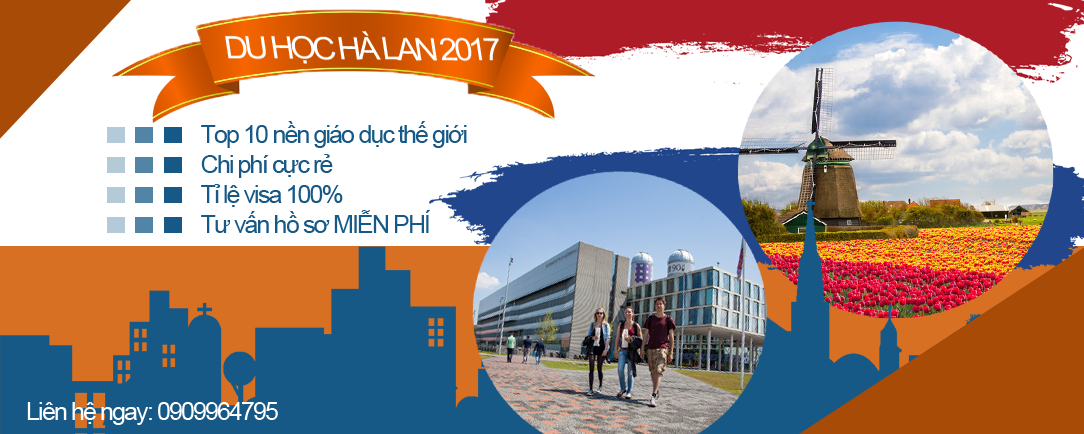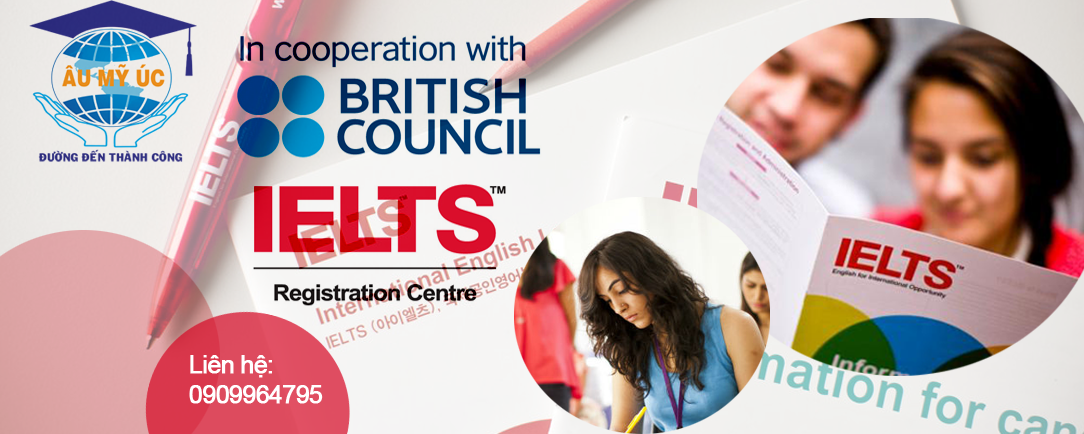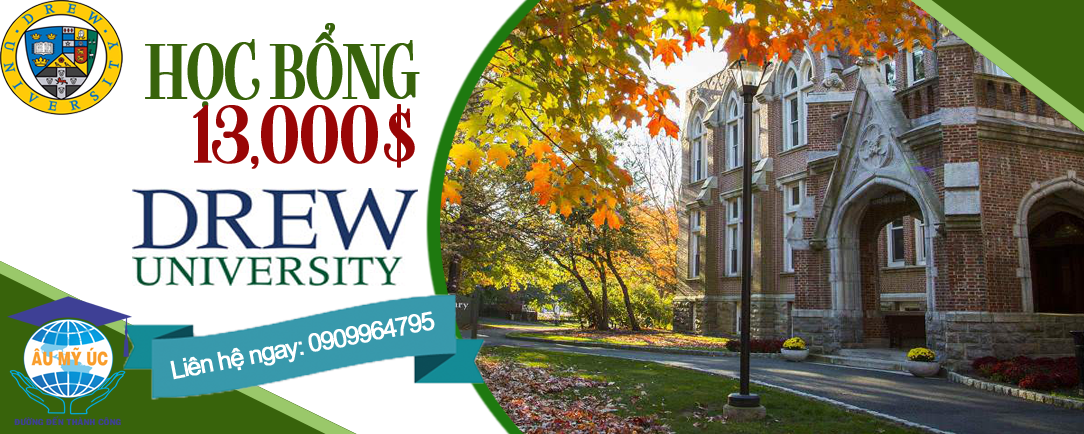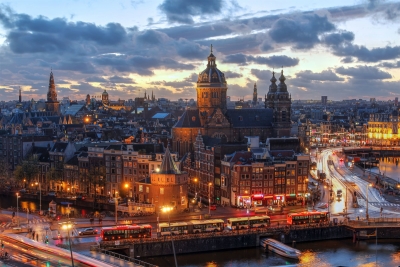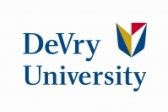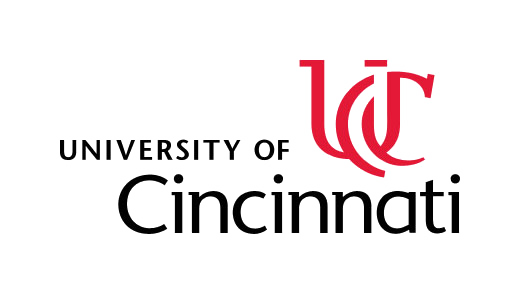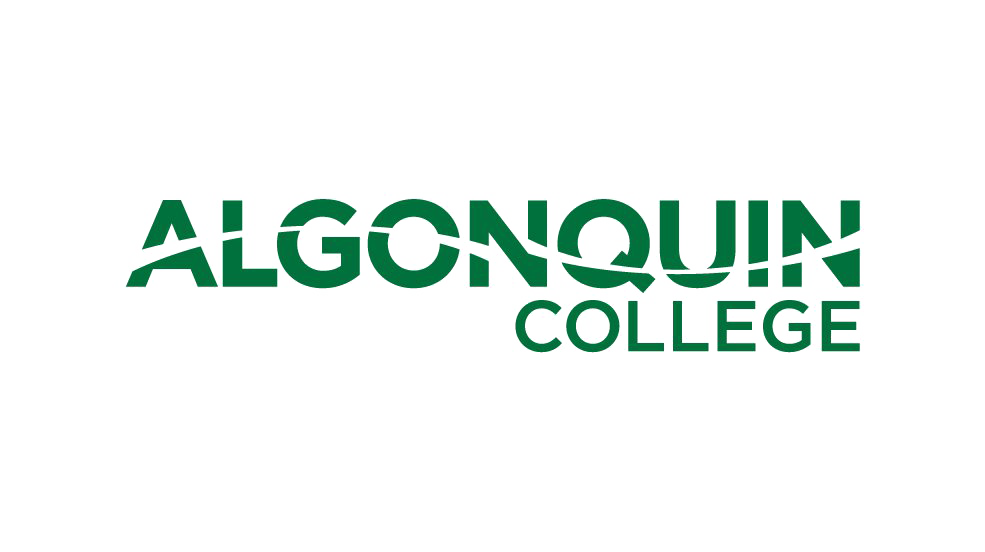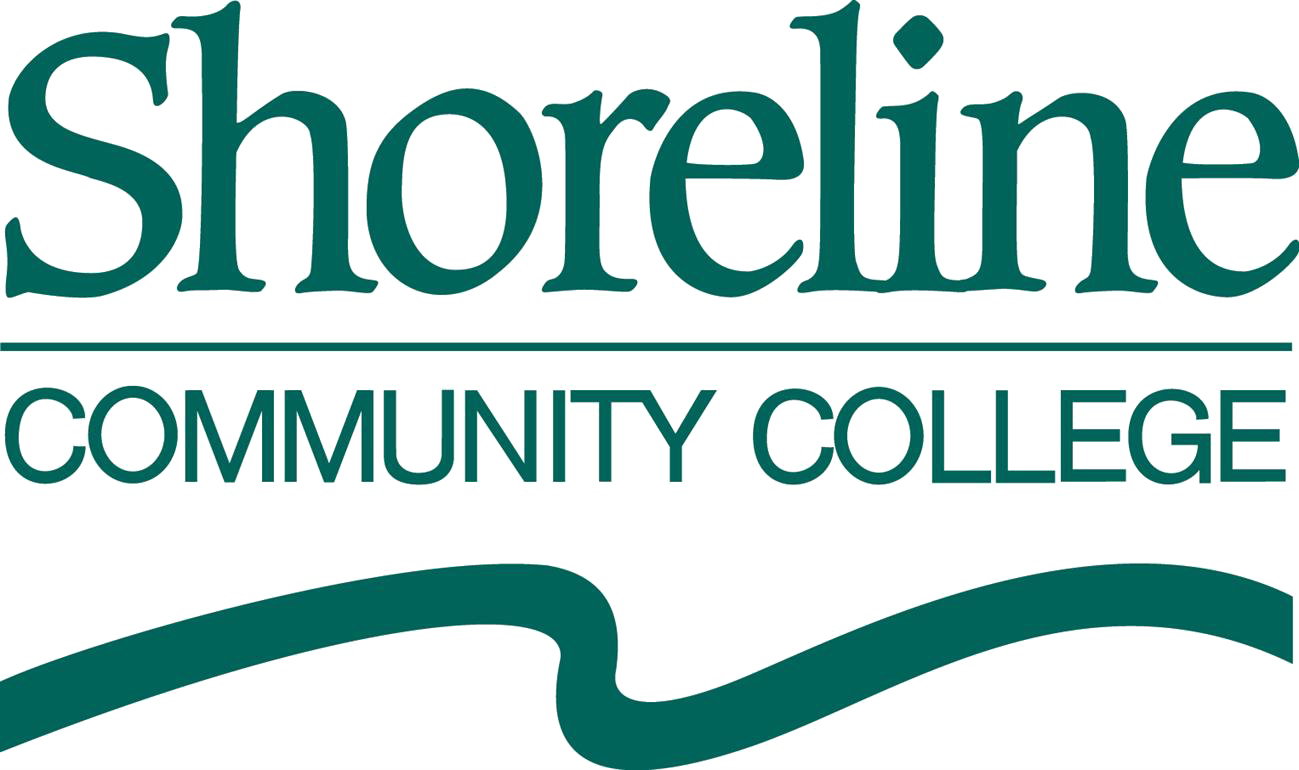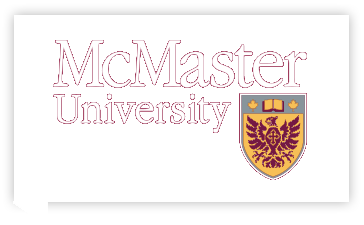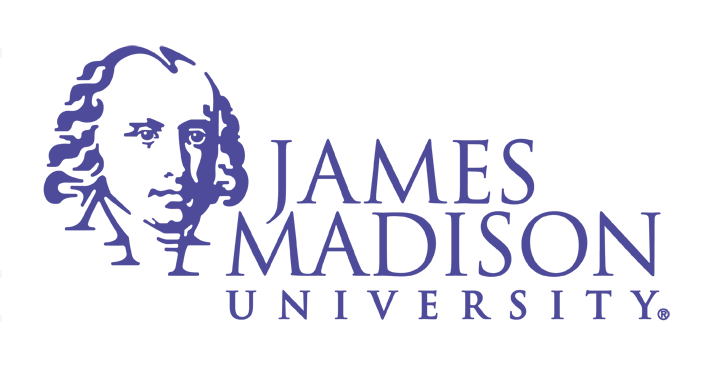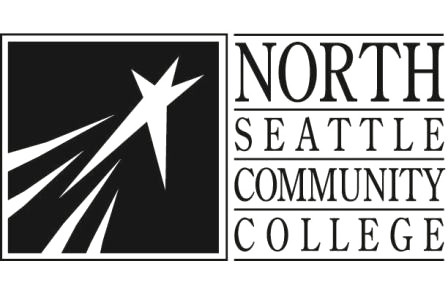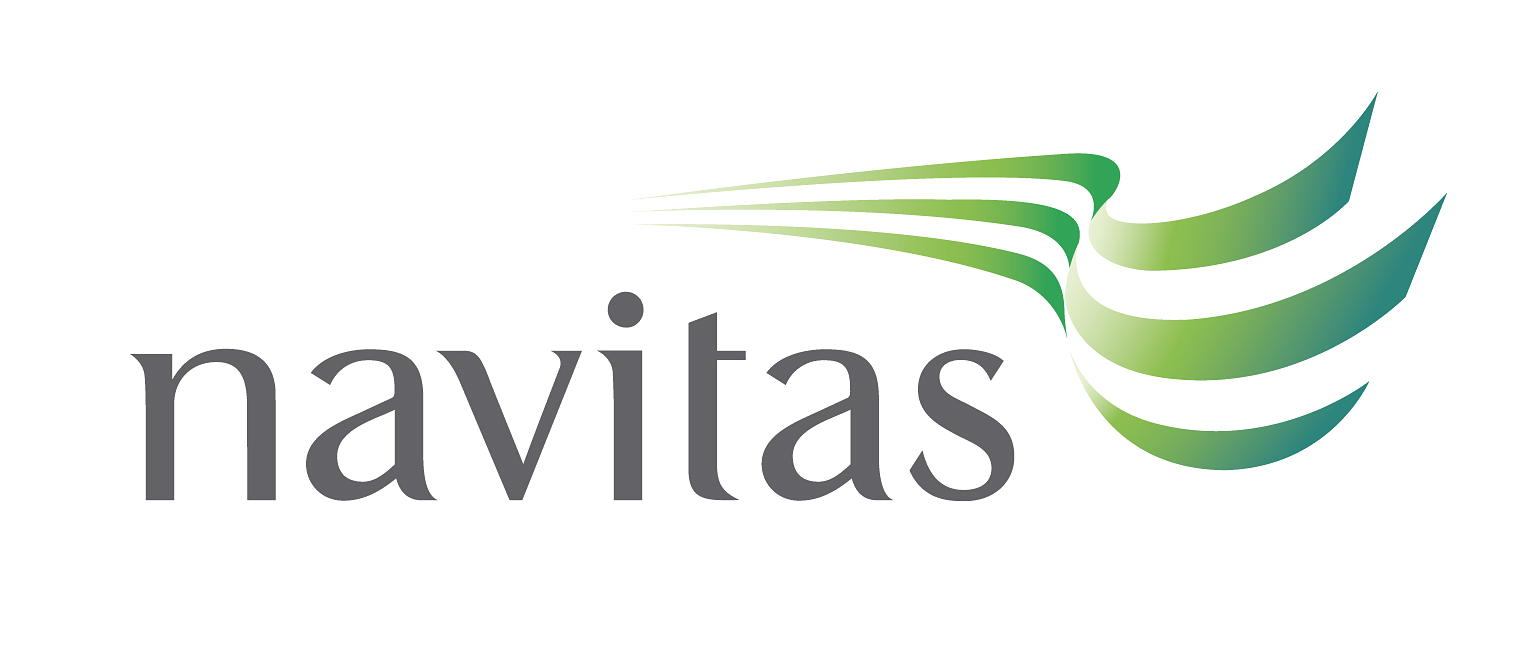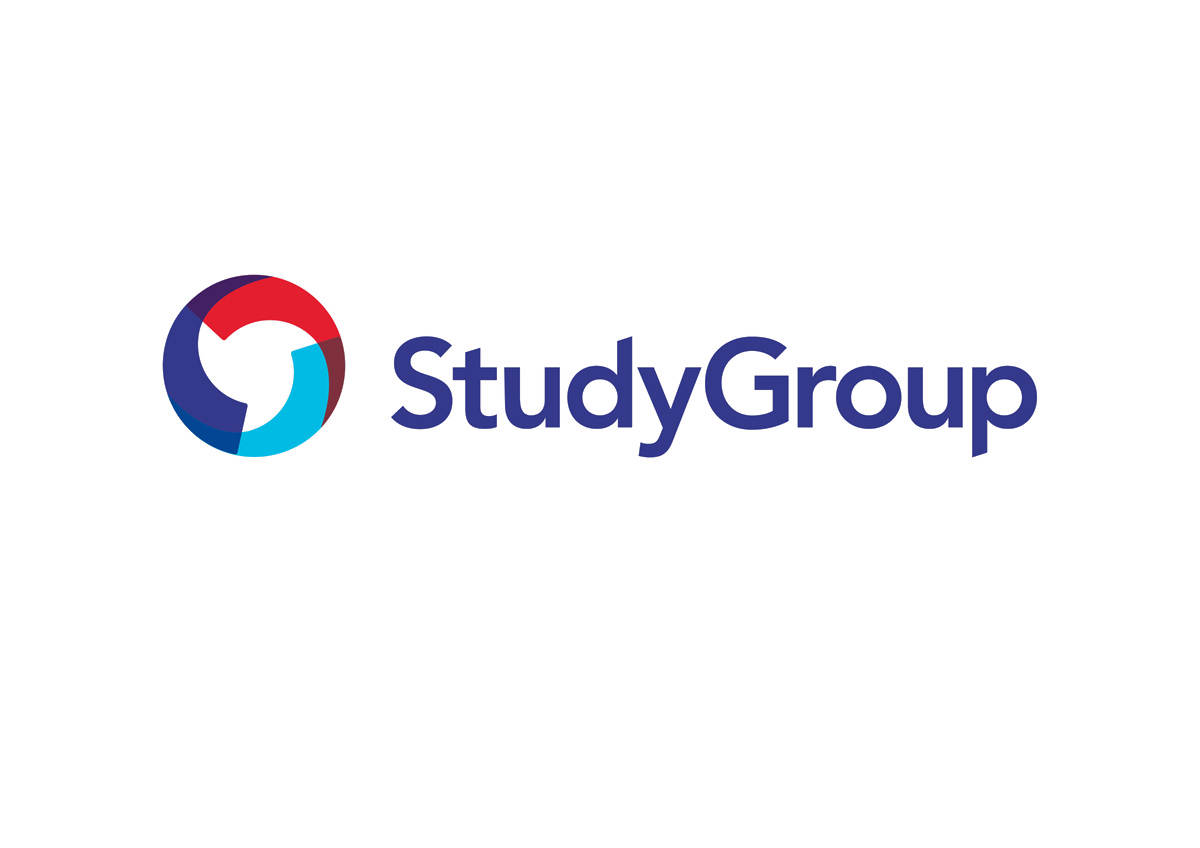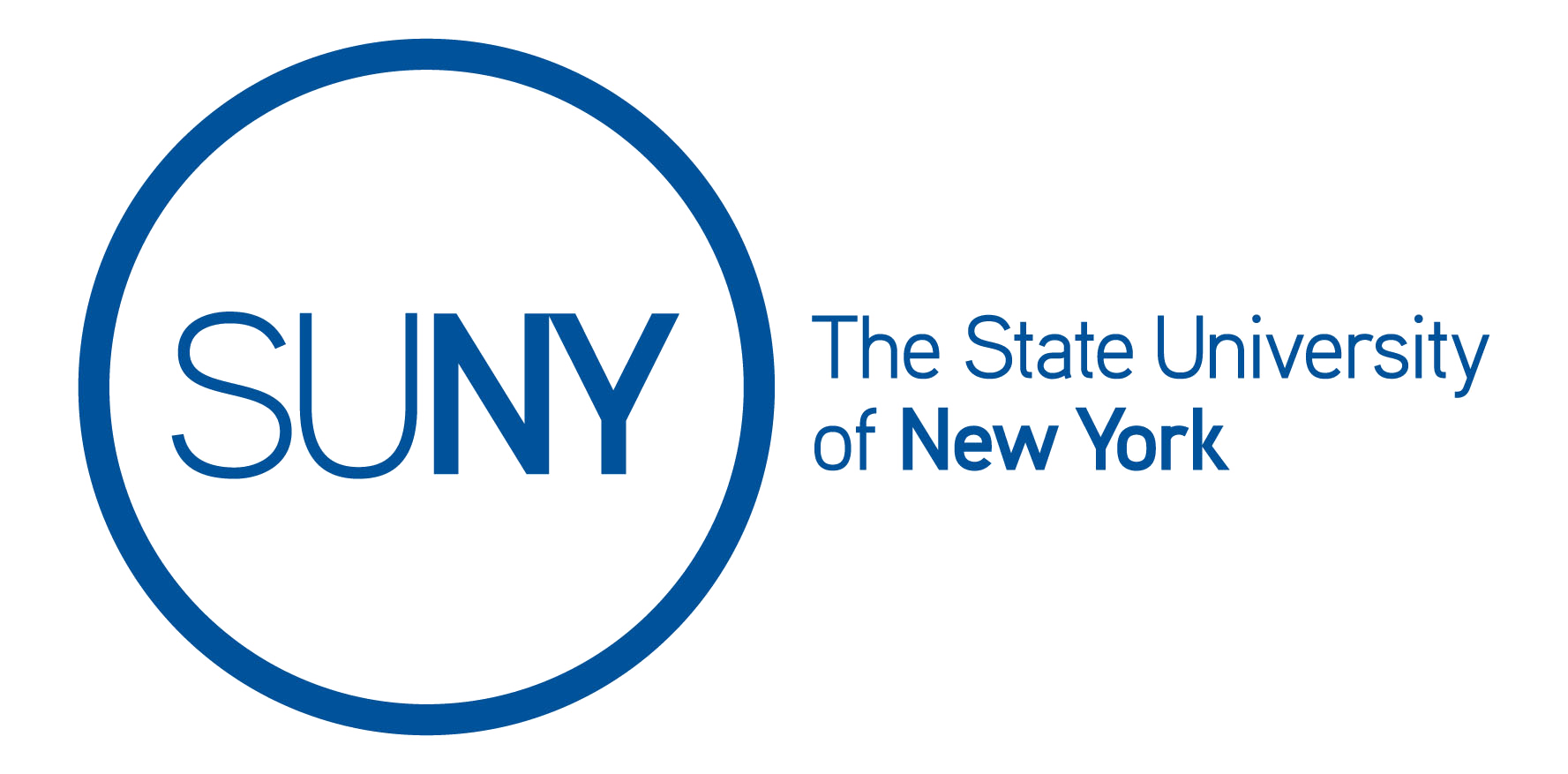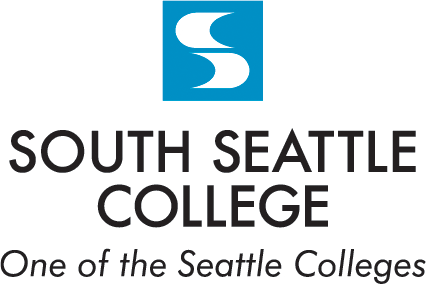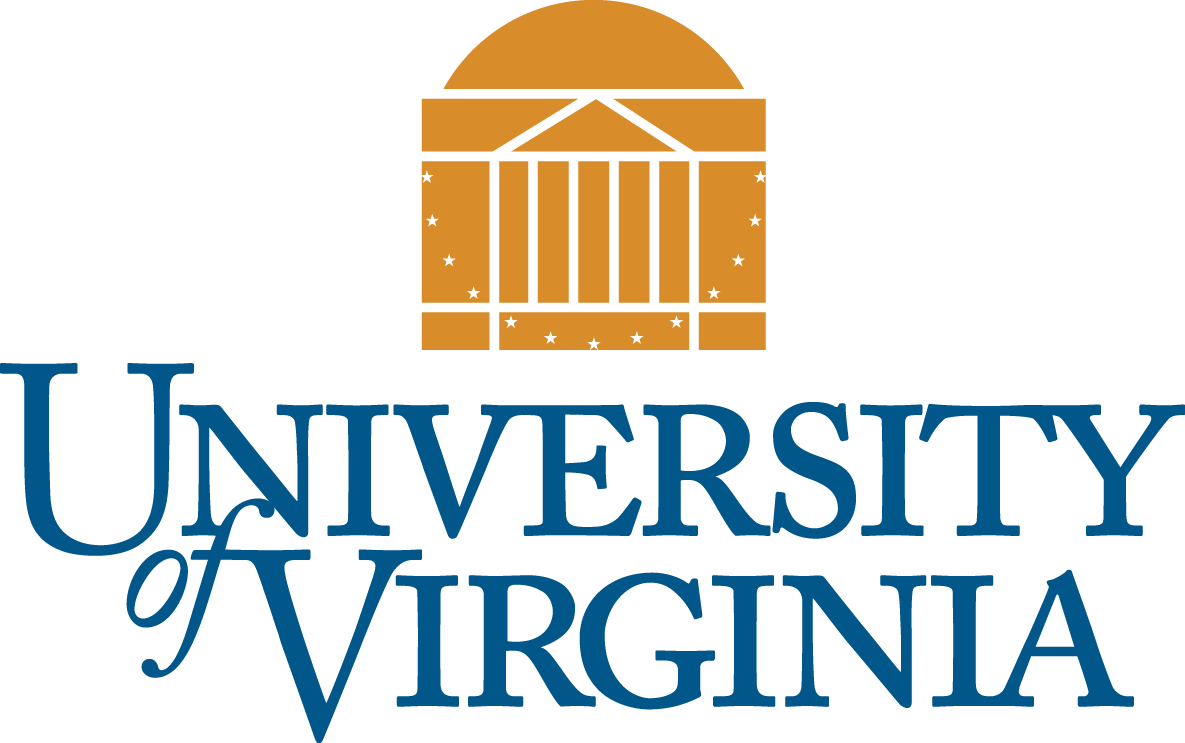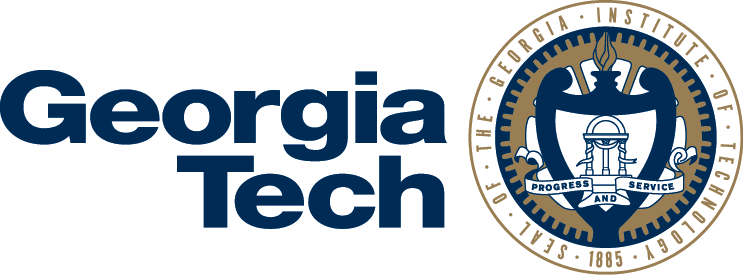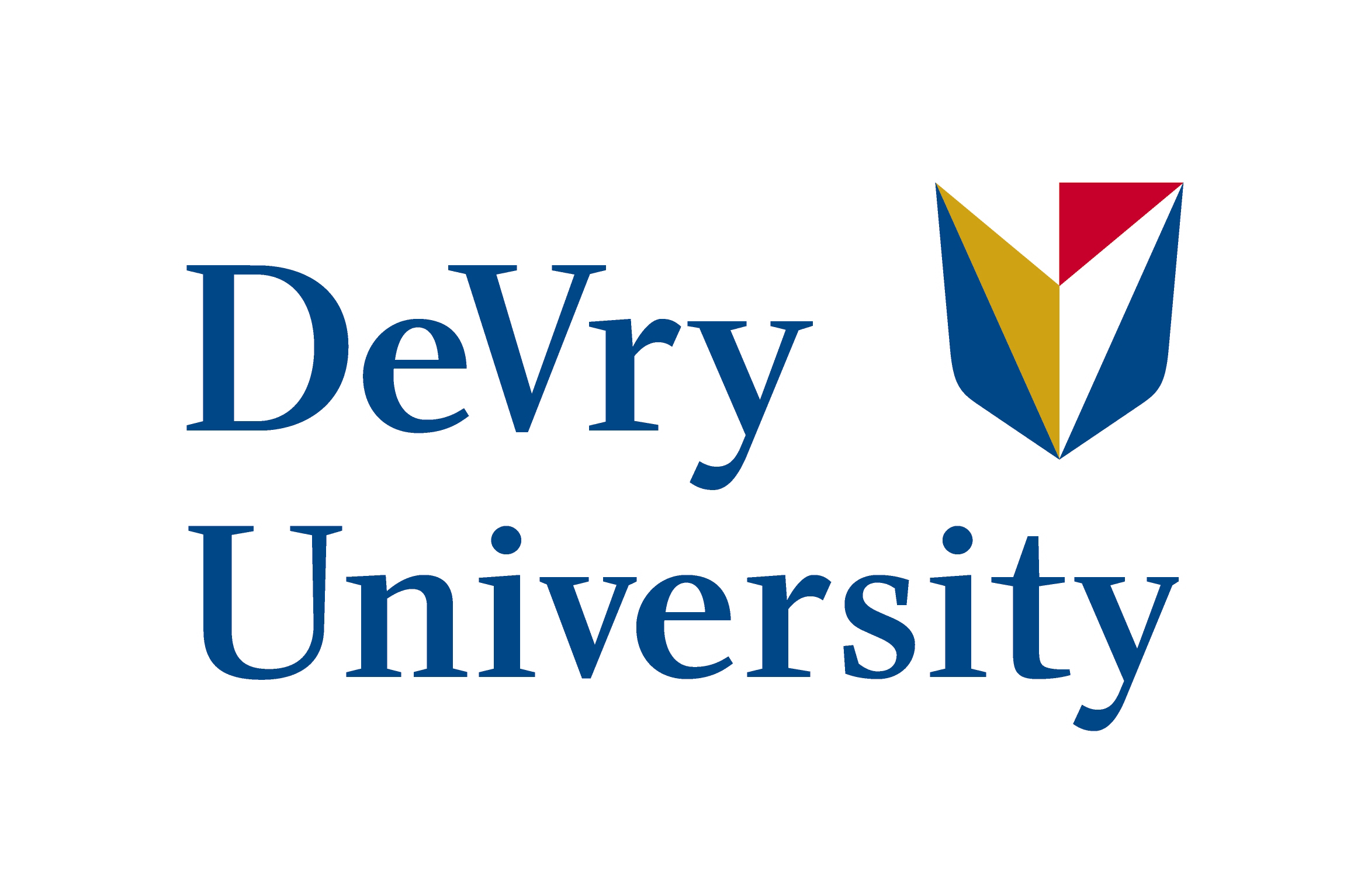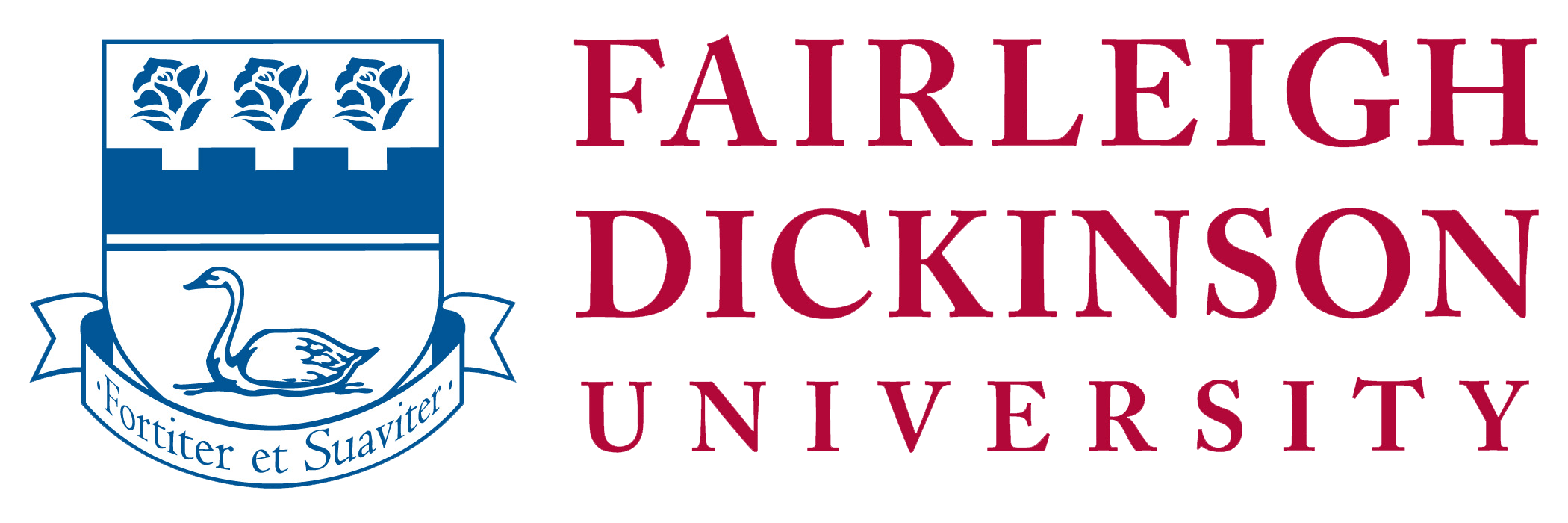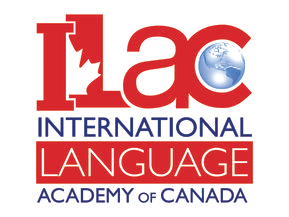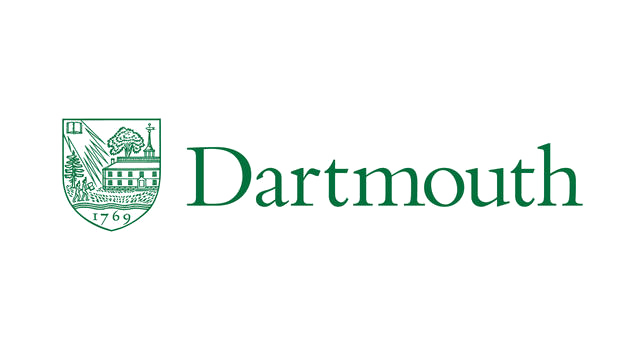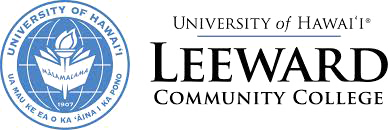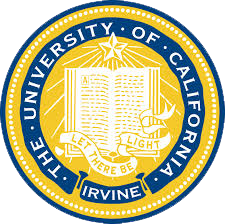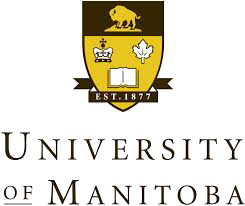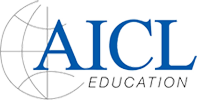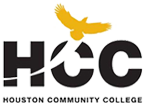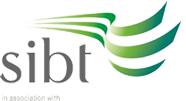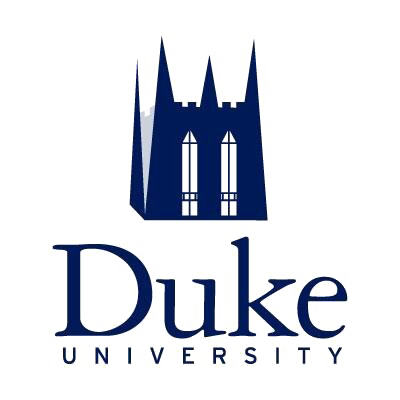Official Name: Kingdom of the Netherlands. Holland or The Netherlands
Capital: Amsterdam
Geographic location: Located in western Europe, north and west by the North Sea, east by Germany, by the South, by Belgium. Most of the Dutch territory is horizontal or below sea level. The terrain is mostly flat, with only a few hills to the southeast.
Temperate climate. Average summer temperature: 16 ° C and winter: 3 ° C
Area: 41,526 km2
Population: 16,491 million (July 2006)
Main religions: Christianity (36%) and Protestantism (20%).
National Day: 30-4
Language: Dutch. English, German, French, and Frisian are also widely used.
Key leaders:
Head of state: Queen Beatrix
Prime Minister Jan Peter Balkenende.
Government apparatus: located in The Hague
Autonomous Overseas Areas: Aruba and the Netherlands Antilles (including the islands of Saint Eustatius, southern Saint Martin, Saba, Bonaire and Curacao in the Caribbean).
Currency: Euro

Geographically:
The Netherlands lies to the west of Europe, to the east to Germany, to the south to Belgium, and to the northwest to the North Sea. The Netherlands is a crossroads of the most prominent cultures in Europe. In particular, this country was reclaimed from the sea and a fifth of the country is below sea level, this country is woven by canals and canals, which creates a unique landscape of Ha Rolling. When you come to the Netherlands, you will have a wonderful experience.
The Netherlands is a country with an area of 42,000 square kilometers and a population of around 16.8 million.
Climate
Windmillland is one of the low lying countries, so it has a mild climate. Dutch nature is green prairies, gentle rivers and endless fields and prosperous cities with four distinct seasons.
In summer, the average temperature is about 18 degrees Celsius, and with the winter is 4-6 degrees Celsius. The temperature is much lower than Vietnam. However, the climate in the Netherlands is popular with tourists and even Vietnamese students, it is quite pleasant for a country in Europe.
Socioeconomic
Today, with a trade turnover of about $ 1100 billion, the Netherlands is the 16th-largest economy in the world. Over the last few decades, the Netherlands has successfully built its knowledge and services economy, accounting for 74 percent, 24 percent of industry and 2 percent of GDP.
The position of the Netherlands is very suitable for developing industries and services such as foreign trade, import-export, maritime, trading, petrochemical, etc. When coming to the Netherlands these fields are very popular.
Social life in the Netherlands is very developed, the crime rate as well as the inflation index is always low. The GDP index as well as the HDI (Human Development Index) are always at the top of the world thanks to the people's ardent workforce and the government's development efforts.
EDUCATION SYSTEM
The Netherlands is a country of advanced education, development, curricula that combine thought, argumentation and "learning and practice" methods to provide a holistic view for students. Birth attendance, rather than rigid theories.
Academic programs often focus on student autonomy and flexibility in learning, research, and bring good results. In this country, English is included in the curriculum as an official language for students, which is why the Dutch are proficient in the use of English as a language. official.
The Dutch education system has over 1,500 academic programs that focus on applied science and research universities. In addition, international education institutes also offer programs for international students.

There are three forms of higher education in the Netherlands:
1. University:
The Netherlands has 14 universities, including the Open University. In principle, these schools train students to become academics and scientists, many programs also have a professional part, most graduates find work outside the research institute. Universities vary in size from 6,000 to 30,000. In total, the number of students is about 150,000.
2. University of professional education (also known as Hogescholen)
Professional colleges offer training programs in all careers. The Netherlands has more than 50 professional schools. The school has the largest number of registered students is about 20,000 - 25,000, in other schools is much less. A total of 280,000 students attend these schools.
3. Institute of International Education (International Education institute):
15 international education institutes in the Netherlands offer postgraduate courses in many fields. Courses are taught in English and designed for international students. To be accepted into these courses, students must have a bachelor's degree and years of work experience. International education institutes have around thousands of students enrolled.
Universities and professional colleges also offer international courses taught in English.
Regular universities:
The Netherlands has 13 regular universities, training students to become scientific practitioners. The oldest school is Lieden, which was founded in 1575. The Universities of Amsterdam and Utrecht are the largest schools with about 22,000 students each, including 1,000 foreign students. The average number of students per 13 schools is 14,000 students per school. Bachelor programs last 4 to 5 years, graduation requirements are graduation thesis students study by themselves. Graduates of Dutch universities have the right to use the "Master" degree. Universities usually have education and research programs with different disciplines. There are nine schools in the fields of Science, Health, Economics, Law, Behavior & Society, Language & Culture. They are Leiden, Amsterdam, Groningen, Utrecht, Maastricht, Nijmegen, Tilburg and Rotterdam. Three engineering schools (Delft, Twente and Eindhoven) and one agricultural school (Wageningen).
Open University:
In addition to traditional schools, the Open University, which offers distance learning for those who want to have a bachelor's or college degree, can not or does not want to study full-time as in the Regular course. There is no academic requirement for Open University, all students over 18 years of age are accepted. Open University also offers courses in English.
Degree and university:
The Dutch university system is not based on 2 degrees like the British and American systems. Everyone gets a Doctoraal, if they complete 4 years of full-time study in a variety of fields, or 5 years in Engineering, Natural Science and Agriculture. Students must fulfill the requirements of Doctoraal to be considered as completing the program.
Doctoraal holders are allowed to use Doctorandus (Drs) in all areas except Engineering using Meester (Mr). Doctoral degree with Master's degree in English, Canadian and American Anglo-Saxon.
The Dutch universities focus on training strong students in the majors of qualifications to be awarded in the future. Students are enrolled in a special class in the school to prepare for college. The degree program has 6 years. Independent study is an important part of the undergraduate program.
Doctoraal thesis is a major requirement. It is a report based on the student's own research. Doctoraal essays are published in scientific journals as articles.
The Doctoraal degree facilitates the taking of a Ph.D. through a process called the Promotie. This process consists of four years of research under the supervision of a promoter, who must be a professor at a university.
To obtain a Ph.D., students must write a dissertation based on their own research and then successfully defend it in public service before the faculty. The Dutch Doctor degree is equivalent to PhD.
Professional University
The professional college, named Hogescholen, is a bachelor's degree school that focuses on subjects that apply science, art and technology. Students are equipped with knowledge about professions that require scientific knowledge as well as skills in applying that knowledge.
There are 54 professional universities in the Netherlands, about 280,000 students enrolled here. These schools are proud to be very flexible and flexible. They have close relationships with industries and organizations that will recruit graduates from the school. This enables them to tailor their programs to fit the rapidly changing needs of the labor market.
The essential part of all academic programs in higher education is internship, in which students gain practical experience in real work situations. Year 4 is used primarily for writing essays and individual subjects, which often have to address both solutions to problems in a professional environment.
Graduates can use bachelor degree
Professional colleges offer a wide variety of full-time or part-time study programs in the following disciplines: Agriculture and Natural Environment, Behavior & Society, Health Care, Engineering & Technology, Fine & Performing Arts, Economics & Management. Education. Higher courses can also find most of these. Courses can last from two weeks to two years. Some courses offer postgraduate certificates, and some are postgraduate. Higher education is usually awarded through a partnership with a British university.
Degree of professional university
Professional colleges also have an unmatched system of British and American schools. They only offer one degree and all four year programs. Internship or internship placement at companies or other organizations is very important in a career-driven program. Unlike the conventional universities mentioned above, professional colleges do not do great research and they do not make it possible for a doctorate.
Persons who have earned a degree from a professional university may use Baccalaureus (bc.), Or in Engineering and Agriculture, degree (Ing.). All graduates can be called bachelors. Their degree allows them to enter graduate programs, or graduate programs, or PhD.
Some professional colleges also offer graduate study programs. These programs are generally taught in English, for the benefit of foreign students. They last one or two years and are open to students with Baccalaureus (BC.) Or Ingenieur (Ing.). International students, the accepted conditions are bachelor degree or equivalent.
INTERNATIONAL EDUCATION INSTITUTIONS
Today, 15 specialized education institutes for international education (IE) offer more than 150 courses possible from short-term to doctorate degrees. And most of the bachelor or master degree courses. Those with professional careers on the way from a developing country are the primary target group of IE schools. Both students and faculty members from all over the world have been teaching IE in the Netherlands since the early 1950s. First, these courses last only a few months to a year. , And a college degree. But in the 1970s, Dutch development policy changed and IE schools shifted their focus to helping foreign universities to build their own strengths. Schools start collaborating in a global network and diversify their work, such as research and consulting. At the same time, they update and upgrade to higher level courses. Most of which last about 18 months and finish with a master's degree but some IE schools can study for a PhD, and usually associate with a conventional university.
Degree of the Institute of International Education
All courses and programs are available at international education institutes, taught in English. Study time can last from 3 months to 1 or 2 years. Often students are required to complete a degree program in their home country, possibly a university degree or equivalent. Longer international education courses can be taken to graduate school. Some international education institutes have agreed with a Dutch university where students can study for a PhD after obtaining a master's degree.










